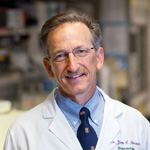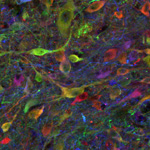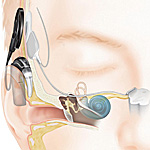Joint Resolution: A Link Between Huntington’s Disease and Rheumatoid Arthritis
Using new analytic tools, researchers at University of California San Diego School of Medicine and the Icahn School of Medicine at Mount Sinai have decoded the epigenetic landscape for rheumatoid arthritis (RA), a common autoimmune disease that affects more than 1.3 million Americans.


















